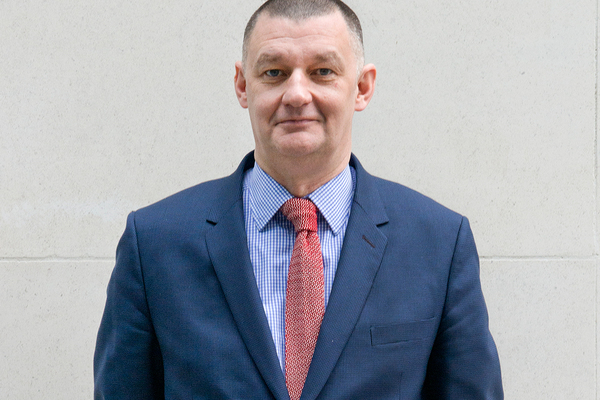You are viewing 1 of your 1 free articles
Inside Housing chief executive salary survey 2019: gender pay gap closes to 2%
The pay gap between female and male chief executives of the country’s largest housing associations has been drastically cut, with women being paid on average just over 2% less than their male counterparts, exclusive research by Inside Housing reveals.
The magazine’s annual salary survey has shown that women chief executives were paid £165,630 in 2018/19, 2.21% lower than the £178,505 male chief executives took home.
The new figures mark a drastic cut from last year’s 8.3% gap and it is understood that this was likely to be assisted by some women taking the reins at large organisations as men have retired –most notably Geeta Nanda at Metropolitan Thames Valley and Clare Miller at Clarion.
Inside Housing subscribers can click here to access the full data
The Inside Housing salary survey took responses from 156 of the country’s largest housing associations, including details around salaries and bonuses.
Overall, the sector’s top chief executives paid an average of £174,896 in 2017/18.
This marked a rise of 3.61% on last year’s figure for chief executives, which was well above inflation, which sat at 2% at the end of the financial year.
However, the 3.61% rise refers to the average change among 130 of the 156 executives who have been in the role for the past two financial years. The rise across all 156 bosses sits far more modestly at 0.94%.
Responding to the survey, a spokesperson for the Regulator of Social Housing says boards should “have regard to our standards in any decisions about executive remuneration and contracts”.
They added: “Under our governance standard we expect providers’ governance arrangements to safeguard taxpayers’ interests and the reputation of the sector and adopt and comply with an appropriate code of governance.”
A total of 43 organisations handed out bonuses last year, with the highest bonus paid in the sector standing at £182,525 and the lowest just £425. The average bonus handed out in the sector was £22,000.
David Cowans, chief executive of Places for People, remains the sector’s best paid chief executive, with the boss of the landlord, which manages 198,000 homes, earning £574,611 last year.
A spokesperson for Places for People said: “2018/19 was another successful year for Places for People under David Cowans’ leadership, increasing turnover from £754.4m to £827.1m and increasing profit before tax from £85m to £95.5m.”











